Source:
Pai, C.-Y., Young, K.-Y., Liska, L.I. and Laverie, D. (2024), I Know I Am Ugly, but Please Listen to My Story First: An Examination of How Storytelling Can Impact Consumers' Valuation of Unattractive Produce. Journal of Consumer Behaviour.1 https://doi.org/10.1002/cb.2414
As we move into the holiday season, with its promise of abundance and merriment, it’s quite easy to overlook an escalating issue: food waste. Did you know that, during the holidays, food waste jumps by a massive 25% in the United States? This striking piece of information highlights how innovation and change are necessary to battle this problem. At the Marketing Science Lab, we’ve discovered a unique approach that may help to address this problem: using narrative to alter how consumers view what many consider to be "ugly" produce.
The Ugly Truth About Food Waste
First, consider the gravity of the problem. The UN has concluded that approximately 30% of global food is lost or squandered on farms, in retail stores, and in the home. During the holidays, this matter tends to get even worse. The apple that’s just slightly bruised, or the potato that’s not shaped quite like we would expect it, might just end up in the compost (or, worse, in the trash), while we reach for the "perfect" version of the product.
The Root of the Problem
Consumers have, for the most part, become accustomed to seeing only fruits and vegetables that are aesthetically pleasing in stores, and so we might harbor a bias against the ones that don’t pass muster. We see the ones that are beautiful and we conclude, not always with good reason, that they taste better or are of a better quality than the ones that have blemishes or are misshapen.
The Power of Storytelling
Recent research by Chu-Yen Pai et al (2024), with the rather unusual title “I Know I Am Ugly, but Please Listen to My Story First: An Examination of How Storytelling Can Impact Consumers' Valuation of Unattractive Produce,” offers a truly unique solution to this rather large problem. The study concluded that combining storytelling with typical marketing tactics, such as coupons, increased consumers’ willingness to purchase and consume produce that was less than visually appealing.
How Does It Work?
Imagine that, at the grocery, you encounter a bin full of misshapen apples. Instead of just the price tag, there’s a sign that tells a story about them. Something like:
"These unique apples are the result of an unusually warm fall at the Johnson Family Orchard. While they may look different, their flavor is just as sweet and crisp as their picture-perfect cousins. By choosing these apples, you're supporting local farmers and reducing food waste this holiday season."
This little story, it turns out, alters the "ugly" apple’s narrative. It's not *just* about their oddball look; it's about supporting local farmers and, at the same time, reducing food waste and getting to taste a product that's still quite delicious.
The Science Behind the Story
The research showed that storytelling does, in fact, increase consumers' sense that the unattractive produce tastes better. That's part of why people are much more likely to buy it. This is the result of changing the story around these foods and appealing to consumers' values and feelings.
Practical Applications for the Holiday Season
Retailers should consider storytelling campaigns over the holidays. For example, they could try a “12 Days of Ugly Produce” promotion, featuring a new piece of misshapen produce each day, with a unique story. The campaign could start with "Rudolph's Red-Nosed Tomatoes," which are great for a salsa, or "Frosty's Misshapen Potatoes," which would be perfect in a mashed potato recipe.
Combining storytelling with other marketing tactics was also shown to be particularly useful. So, for instance, retailers might offer a “buy two, get one free” promotion to get customers more willing to give these “ugly” foods a try.
What Can You Do?
We can all make a difference as consumers. This holiday season, consider seeking out and purchasing at least one piece of “ugly” produce. You’ll reduce food waste, of course, but also discover that those oddly-shaped carrots might just be the secret ingredient in that holiday side dish you've always dreamed of.
Share your experiences and creative uses for these items on social media using #UglyProduceBeautifulStory. You might inspire others to join the movement and make a real impact on reducing food waste this holiday season.
During this time of plenty, let’s consider celebrating beauty in the imperfect. By changing how we see “ugly” produce, we can make a real impact on reducing food waste. Every piece of produce has a story. Sometimes, we just have to listen. This holiday season, let’s go beyond mere appearances and be a force for more sustainable food choices.
By using the power of story and being open to less-than-perfect produce, we can make this holiday season more sustainable and less wasteful. After all, what's inside is what counts, whether we're talking about produce or our actions toward a better world.
What personally drew you to study food waste and storytelling? Was there a specific moment or experience that inspired this work?
“The inspiration for this project goes back to my childhood in Taiwan. My mom would take me on what she called a “treasure hunt” at the wet market, where we’d search for odd-shaped or “ugly” fruits and vegetables. She valued these less “perfect” items, finding them more affordable and often safer, with fewer pesticides. Those experiences made a lasting impression on me, so it’s a pity to see today’s supermarkets showcasing only picture-perfect produce. Much of the imperfect produce is discarded before it reaches the shelves. This shift means we’re missing out on a valuable teaching moment, namely a chance for the next generation to understand the beauty, benefits, and value of imperfect produce firsthand.
As a professor, I’ve seen the power of storytelling in engaging students, and I structure my lectures like stories to keep them connected and invested. When my co-authors and I started researching ugly produce, we found that while past studies explored many factors, they hadn’t looked at storytelling as a way to enhance consumer acceptance. We were like, why not tell consumers the stories of those ugly products? So, we designed experiments to see if storytelling could make a difference, and the results were clear. Storytelling proved to be a highly effective tool in encouraging people to embrace ugly produce.
With this project, my co-authors and I are thrilled to share that marketers can utilize storytelling to reach young consumers and advocate for these so-called “ugly” fruits and veggies. It’s been incredibly meaningful to turn a personal experience into a cause that feels accessible, relatable, and genuinely impactful.”
-Dr. Chu-Yen Pai
As someone who has deeply studied this topic, what personal message would you share with families about appreciating imperfect produce during the holiday season?
“During the holiday season, we focus on gratitude and togetherness, and I think that spirit can extend to our food choices, too. Embracing imperfect produce is a beautiful way to appreciate the earth’s offerings. Each fruit or vegetable, regardless of its aesthetic appearance, has its own beauty and role to play, just like each of us around the holiday table. By including these in our meals, we’re not only reducing waste but also showing appreciation for the resources and effort that went into growing them. It’s a reminder that we don’t need perfect appearances to make a perfect holiday meal. It’s time to bring back the tradition of thanking and valuing each of nature’s unique offerings.”
-Dr. Chu-Yen Pai
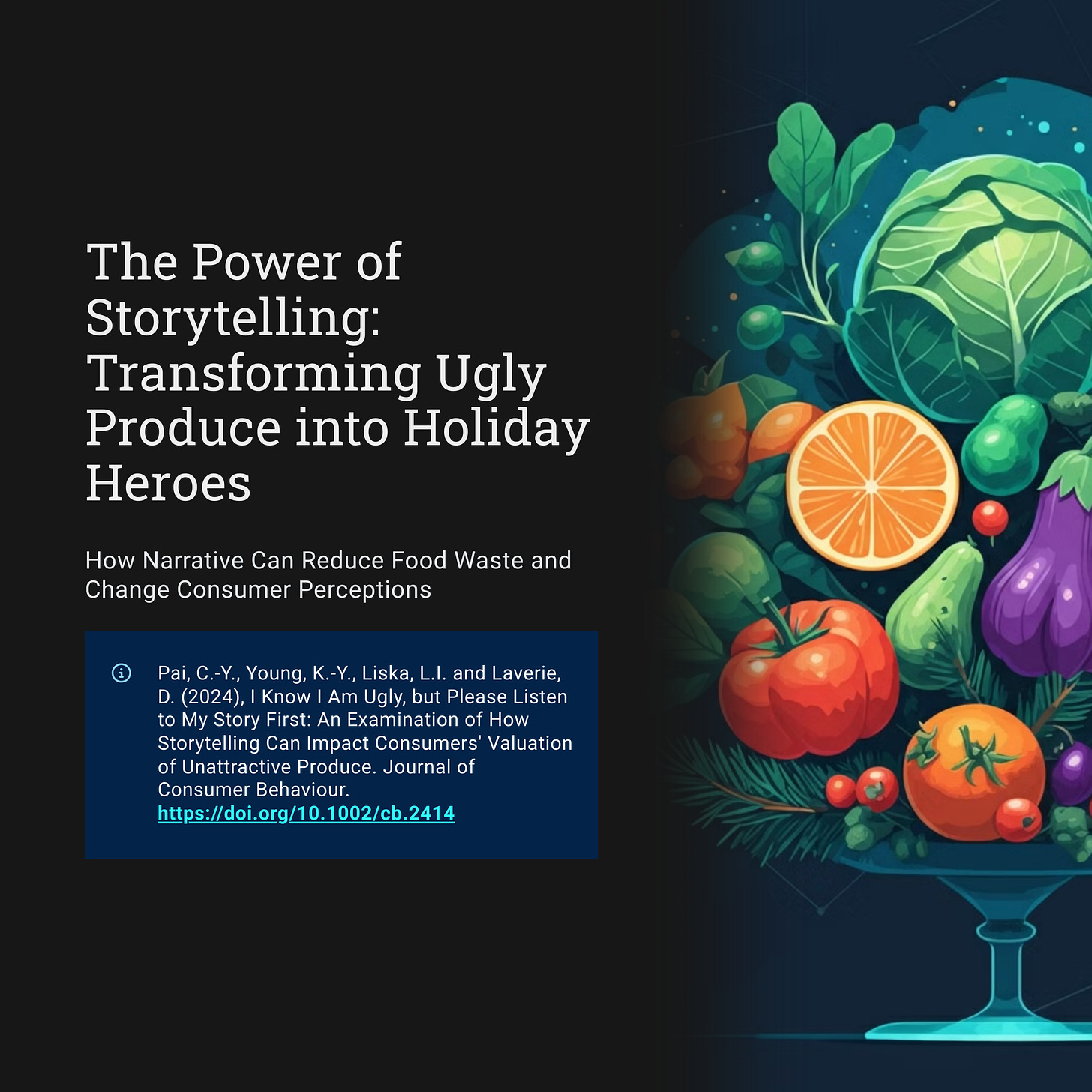
The Journal of Consumer Behaviour is an international journal.
Link to journal: https://onlinelibrary.wiley.com/journal/14791838



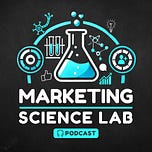




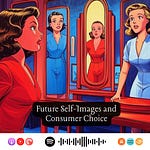
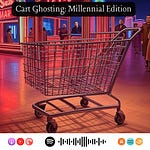
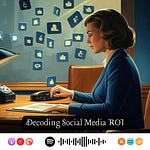
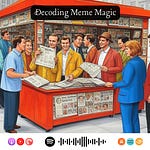
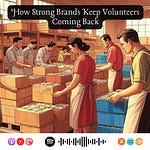
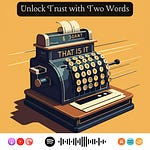
Share this post